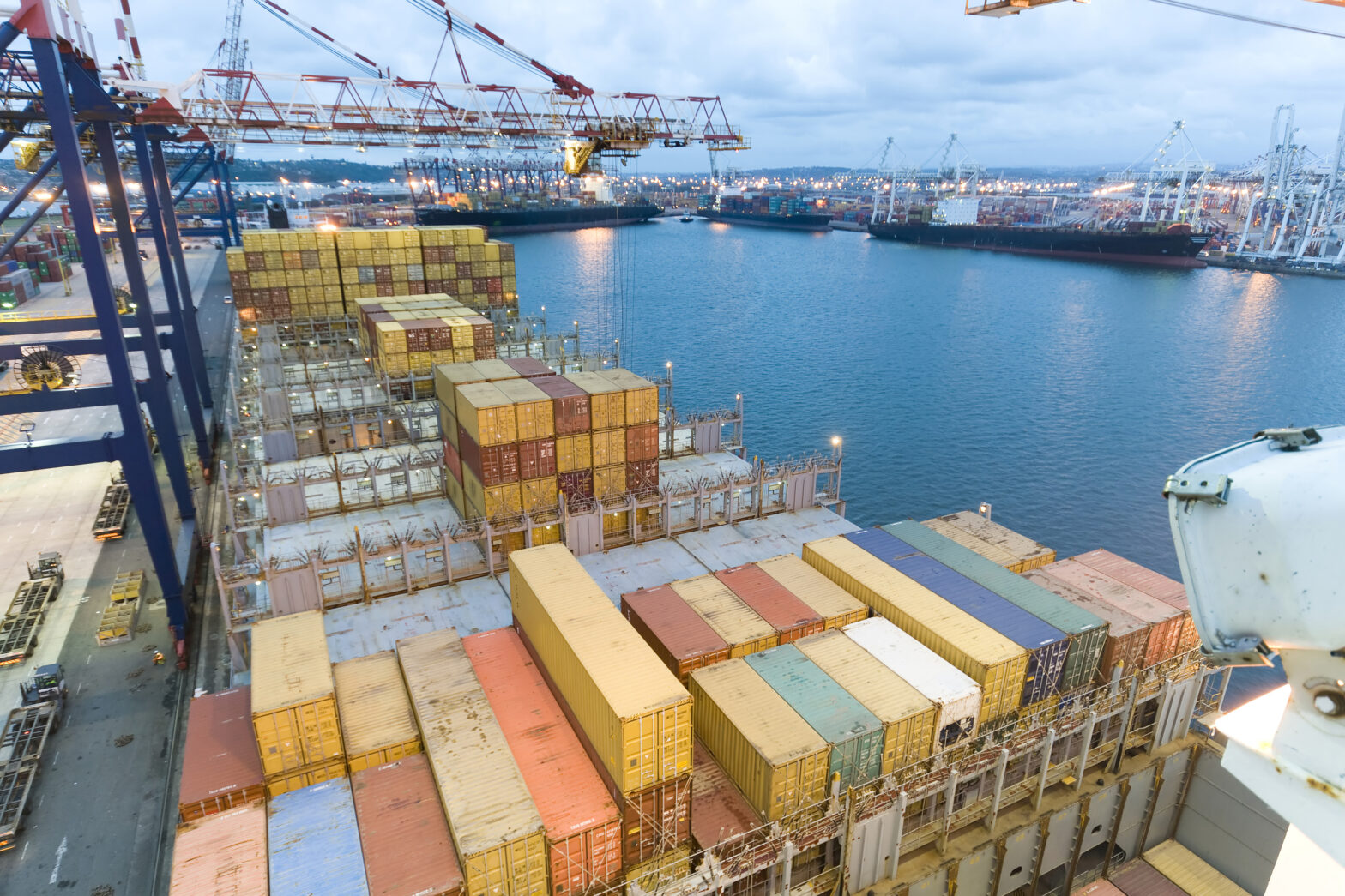The concept of expanding internationally is one that is often deemed to be out of reach for small businesses. Selling in foreign markets is all too often seen as the preserve of vast corporations; a plan reserved for conglomerates seeking empires.
However, it is often the case that trading abroad is the best course of action for a modest-sized company. There might be a greater potential market in another country, not to mention such perks as favourable exchange rates and no language barriers.
Indeed, it needn’t be long into the life cycle of a business before international trade takes a front seat. Take the case of 2011-founded London Distillery Company as an example. He may only be turning over £150,000 currently, but founder Darren Rook has started exporting his artisan spirits after receiving a host of international inquiries from the likes of Scandinavia, the US, and Portugal. He already ships to France, but is looking into serving New York and hopes to send the first shipment by late December.
Eventually, exporting will account for 75 per cent of the company’s revenues, Rook says. By the end of year three, he expects his company to reach £1 million in sales.
What advice would Rook give to would-be exporters? ‘If you’ve got a good customer that understands you’re new to it, I think it’s fine to ask for a deposit,’ he says.
‘If you make 1,000 units of a product requiring a significant cash outlay and the order falls through, it can be a big problem. We’ve asked for deposits and it’s not been questioned so far.’
Orders from abroad
Another company that starting exporting right away is Swimovate, which sells specialist watches for swimmers. Founder Lisa Irlam, who set up the company in 2007, says her first order was actually from Singapore; a swimming retailer. ‘In the Far East they’re always looking for the latest technologies. This customer ordered half a dozen watches at first but they’ve been a steady customer since,’ Irlam says.
Now, the company turns over £600,000, with exporting accounting for 60 per cent. Irlam says that when exporting to some countries, sometimes you need to lower your wholesale price a little so the customer can afford the shipping costs and import duty, otherwise it’s not always economically viable for them. ‘For some countries like Australia, the shipping costs and import taxes are higher so they need a bit more margin to make it possible,’ she adds.
Sometimes it takes a change of offering for a company to reap rewards in international markets. Texane, a manufacturer of polyurethane materials, began producing wheels for heavy-duty metro system escalators, which meant the company was able to claim a piece of the worldwide underground transit system market. Now, 30 per cent of the company’s turnover is export, with Germany and France the biggest markets. ‘British products are often seen overseas as being high quality and that’s a huge intangible for us, a big selling point,’ says managing director Arnab Dutt.
Dutt says the concept of exporting frightens people – but it shouldn’t. ‘The most important thing for anyone starting out is get the word ‘exporting’ out of their head. The way to think about it is ‘how do I get new customers?
Bank assistance
It’s possible to fuel international expansion with the help of your bank. FlexEJ, a supplier of engineered and standard rubber bellows, metal expansion joint and pressure fabrications, turned to a bank loan to help increase its international business.
Clients of the Stourbridge firm span the HVAC, refining, petrochemical, pharmaceutical, industrial and offshore markets. And with global experience, CEO Tim Robinson has built an international client base, specialising in Japan and the Middle East.
Recognising the opportunity to expand the international element of their business, Robinson and his management team were looking for ways to finance their growth plans, with the aim of taking their export turnover from 15 per cent to 25 per cent.
Robinson was introduced to the government’s Bond Support Scheme by his bank. Managed by UK Export Finance (UKEF) this programme is designed to help exporters raise contract bonds such as advance payment guarantees (APGs – where UKEF guarantees up to 80 per cent of a bond issued) and performance bonds – where 50 per cent of the value of a bond issued in favour of an overseas is guaranteed.
Robinson explains, ‘Exporting can be a long and daunting process when it comes to finance across the supply chain. Our challenge was ensuring we had substantial cash flow to support a number of large orders and digest the cost involved. This possibility arose through having access to the scheme.’
With the new bond scheme in place, FlexEJ has been able to both execute and quote for bigger contracts, confident these can be fulfilled without impacting cash flow. With a series of large projects in the pipeline, the firm is on track to meet its target of a 25 per cent overseas client base.
Robinson adds, ‘This funding allows us to be more strategic about our growth and certainly pitching for bigger contracts has become far easier across the business. We’re ready to build on this growth in a planned way. The export support is there for smaller businesses.’
And such businesses would be well advised to take the bull by the horns. As Swimovate’s Lisa Irlam says, ‘The world’s such a small place these days so if you’ve got a good product you have to export it. There’s such a huge market out there and you shouldn’t be scared of going after it.’








